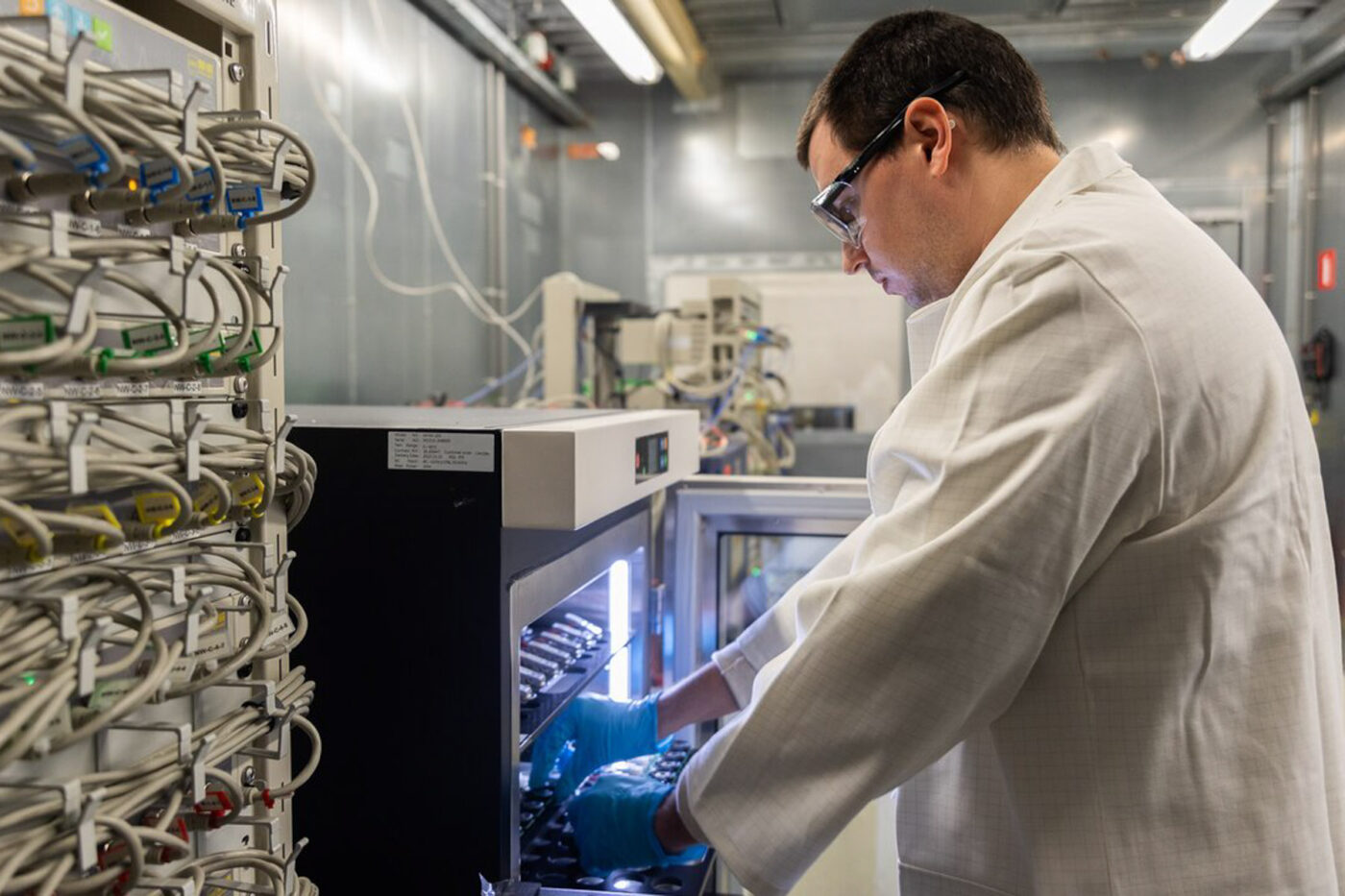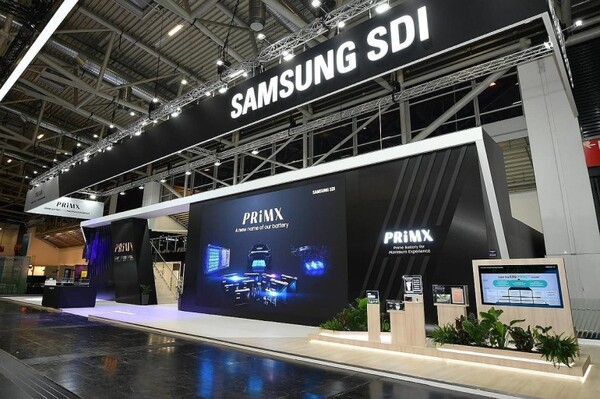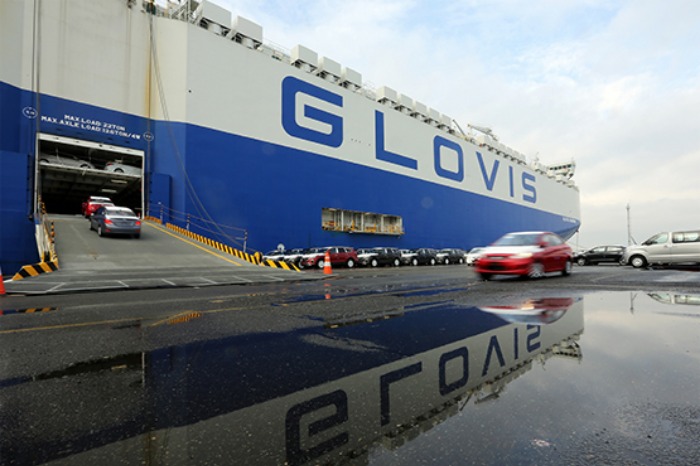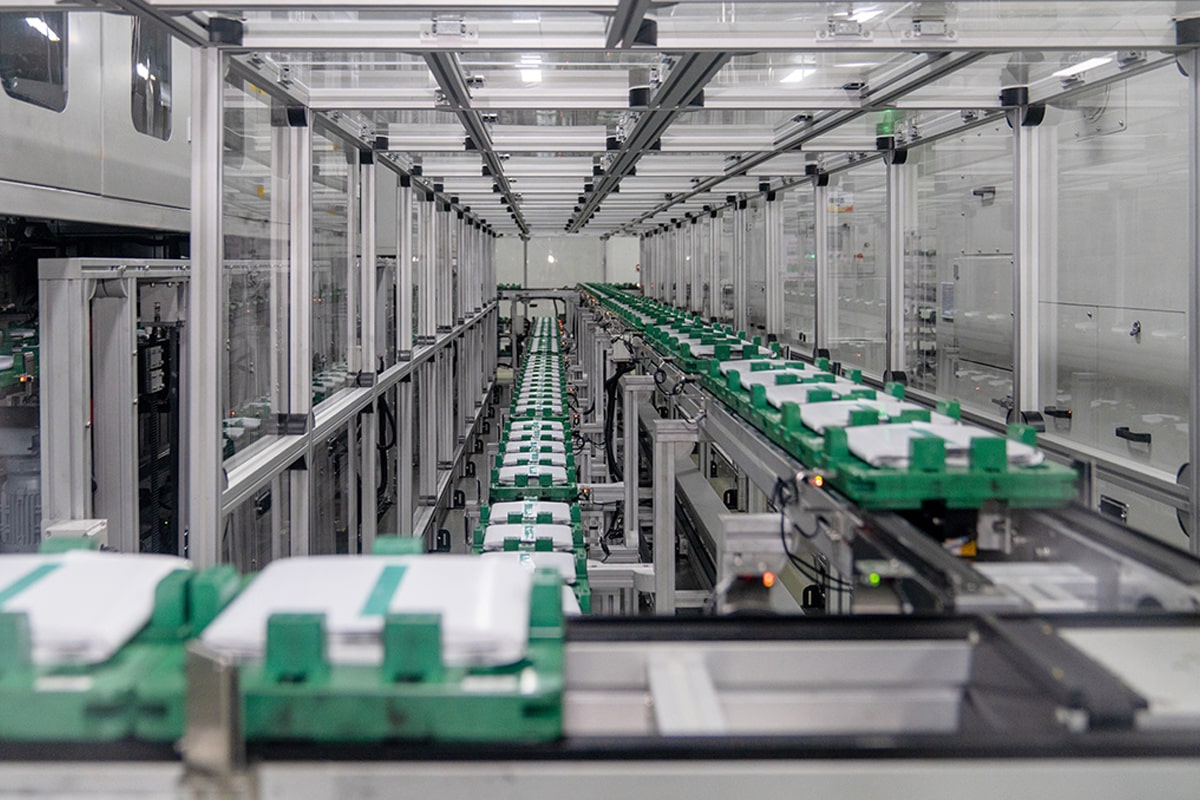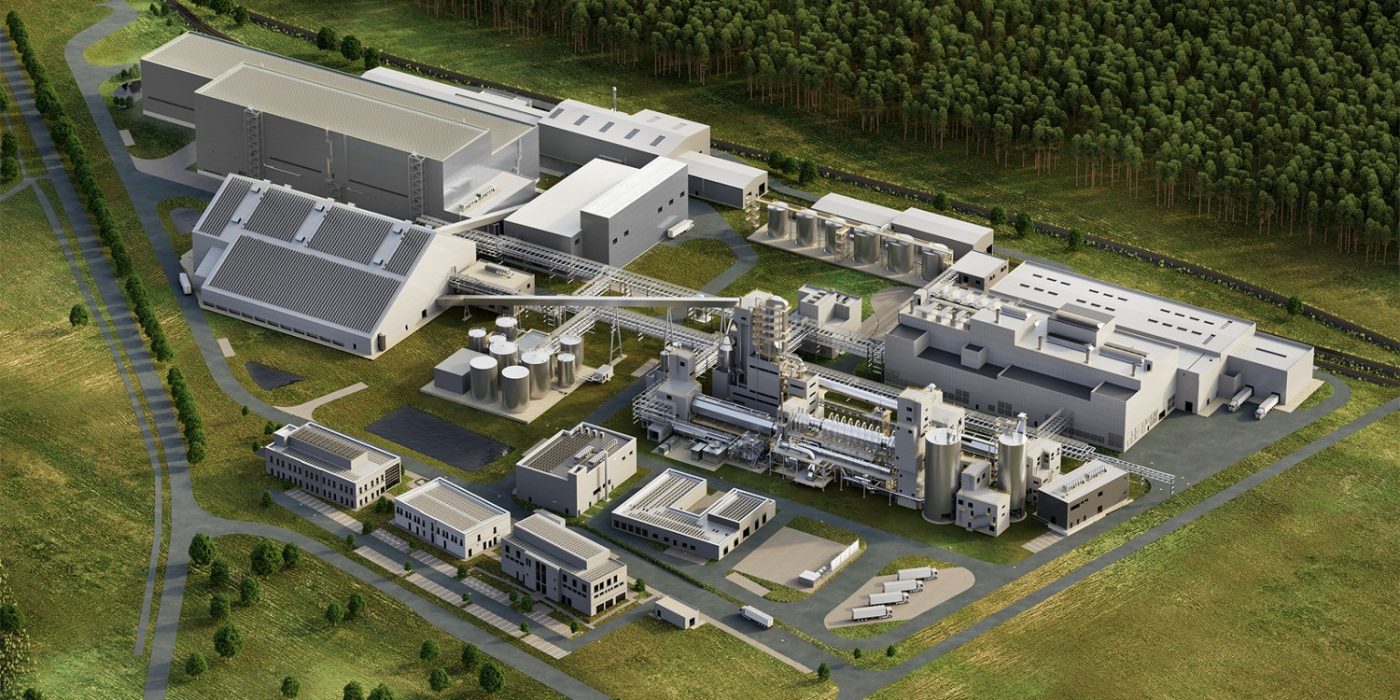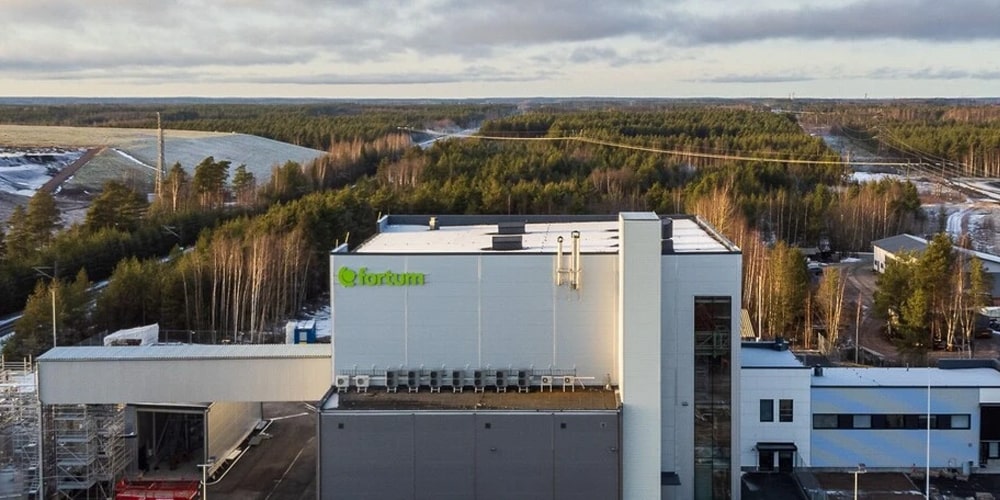Solithor, a Belgian solid-state battery developer founded in 2022, has announced a significant milestone in the advancement of its first-generation pouch cell technology. The company claims to have achieved 500 complete charge/discharge cycles with less than seven per cent capacity loss, surpassing industry standards for this development phase.
“We are proud to announce that our first-generation pouch cell has achieved 500 complete charge/discharge cycles with less than seven per cent capacity loss,” said Fanny Bardé, Chief Technology Officer of Solithor. “This is a crucial stepping stone as it proves the durability of our product and the stability of our chemistry at ambient temperature, bringing long-range electric vehicles closer to consumer requirements.”
See also: Factorial Energy and LG Chem to Collaborate on Solid-State Battery Development
The achievement of 500 cycles was attained in one of Solithor’s laboratories, under specific conditions of constant ambient temperature of 25 degrees and 72 psi pressure. While this is a promising development, Solithor acknowledges that there is still significant work ahead to refine and optimize its technology for practical applications.
“This milestone demonstrates the progress our team has made in just two years since our inception,” noted Solithor’s CEO, Huw Hampson-Jones. “We recognize that there is much work ahead, but we are confident in our ability to pave the way for a new class of advanced battery technology using Solid Composite Electrolytes to electrify our society in a sustainable way – in the air, on the sea, and on the land.”
See also: CATL Aims for Small-Volume Production of All-Solid-State Batteries by 2027
Solithor’s ultimate goal is to develop a battery cell that enables long ranges, which would be a game-changer for electric vehicles in terms of performance and consumer acceptance. The company is also looking beyond the automotive sector, aiming to provide solid-state lithium metal cell technology for use in the aviation and maritime sectors.
“Our collaboration with aircraft manufacturers and naval architects is providing the impetus behind these results,” added Hampson-Jones. “It also means that Solithor is getting closer and closer to developing all-solid-state technology for the entire electromobility sector.”
While Solithor’s achievements are promising, it is important to note that the technology has not yet been tested in a ready-to-install battery pack. However, the company’s progress indicates a significant step forward in the development of solid-state battery technology, which could revolutionize the way we power electric vehicles in the future.

